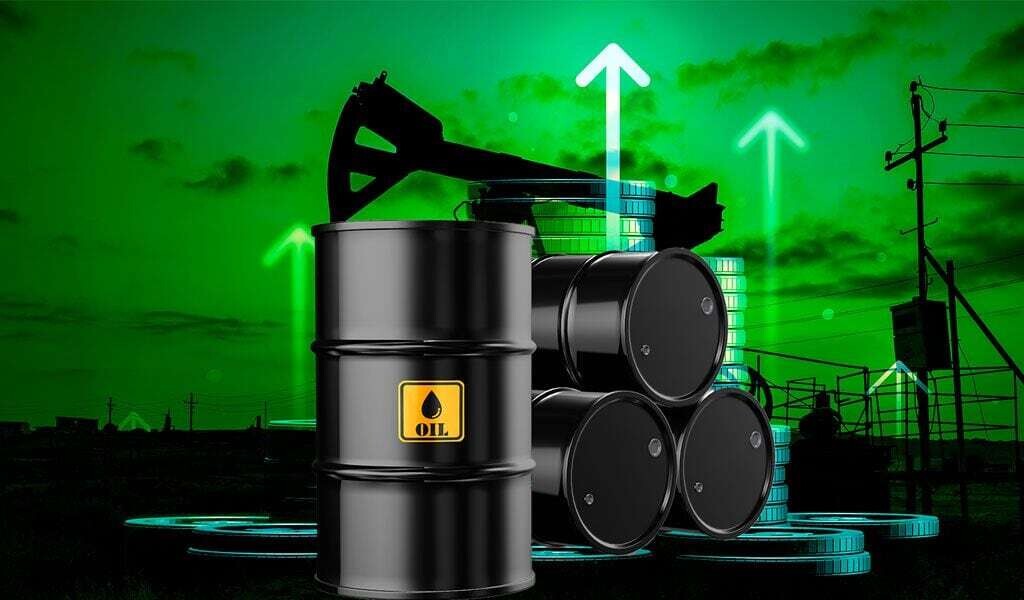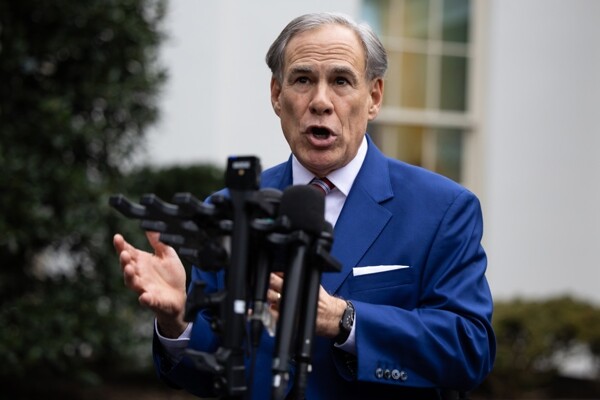
Since Trump's arrival to the presidency, the price of oil has experienced ups and downs due to the new administration's policies that threaten global trade and growth. However, crude managed to register a modest gain last month, driven by the cold winter and U.S. sanctions on Russian oil.
Amid these fluctuations, Phillips 66, the largest refinery in the United States in terms of market value, joined Valero and Chevron in warning about tariffs imposed by the U.S. on Mexico and Canada, alerting to possible disruptions in domestic energy markets.
Harry Tchilinguirian, head of oil research at Onyx Commodities, pointed out that disruptions in Canadian crude supply are likely, given the scarce infrastructure alternatives for shipping to the United States.
President Trump imposed considerable tariffs on various imports, including crude from Canada, unleashing global trade tensions. This resulted in an increase in oil prices; West Texas Intermediate rose by up to 3.7 percent to $75.18 per barrel, while Brent crude hovered around $77.
Trump's measures included 25 percent tariffs on Canada and Mexico and 10 percent on Chinese products, generating threats of retaliation and leaving little room for last-minute negotiation. Energy imports from Canada, which sends the majority of its daily crude exports to the U.S., face a reduced 10 percent levy, posing additional challenges.
In this context, concerns arise regarding the complicated situation of Canadian crude supply and its repercussions on international energy markets. The uncertainty and tension generated by the U.S. tariff policies significantly impact the oil industry, forcing industry players to adapt to a volatile and constantly changing landscape.














